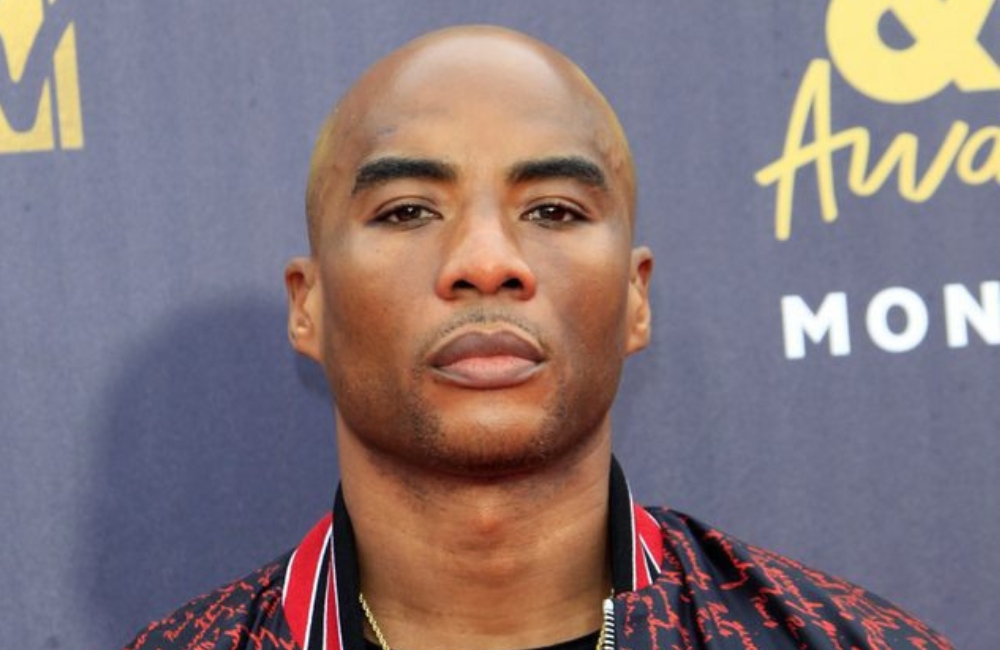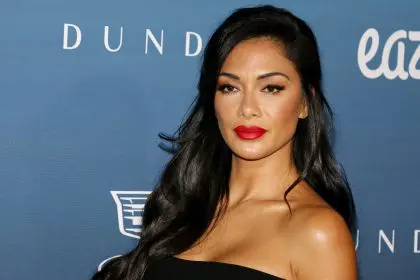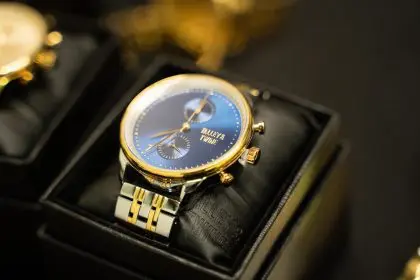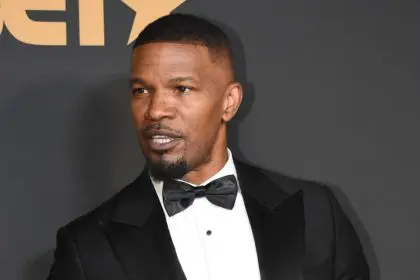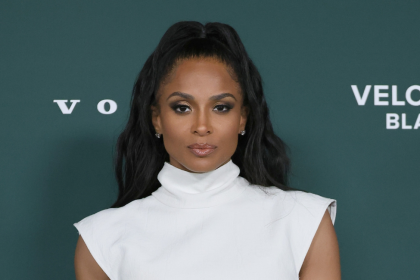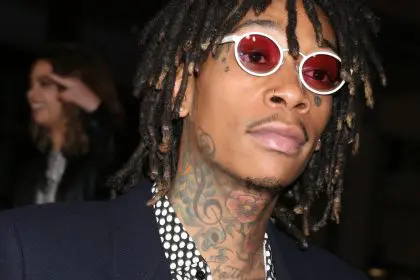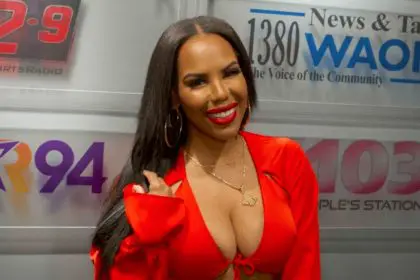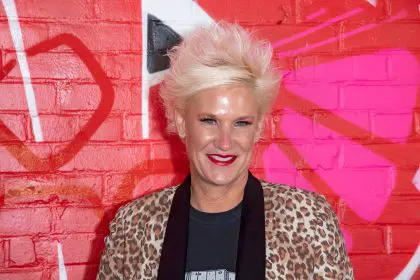Origins of the conflict
The tension between these media titans has simmered for years, but recent events have brought their antagonism to a boiling point. During a provocative episode of “The Brilliant Idiots” podcast, Charlamagne launched a scathing critique of Wilson’s interviewing capabilities, particularly regarding a recent conversation with rap legend Cam’ron. The criticism extended beyond professional critique, delving into personal territory and sparking intense debate within the industry.
The Cam’ron interview controversy
The catalyst for this latest clash centered on Wilson’s highly anticipated interview with Dipset icon Cam’ron. Charlamagne’s assessment was brutally honest, suggesting that a conversation between Cam’ron and fellow rapper Jim Jones would have proved more valuable for hip-hop culture. His criticism included pointed remarks about Wilson’s appearance and questioning his ability to connect with hip-hop artists authentically.
Questions of authenticity
At the heart of Charlamagne’s criticism lies a deeper concern about authenticity in media. The radio personality accuses Wilson of “performative” behavior, according to HotNewHipHop, suggesting that the veteran journalist selectively chooses his battles. This accusation resonates within an industry where genuine confrontation often takes a backseat to manufactured drama, raising important questions about integrity in hip-hop journalism.
Charlamagne’s rise to media dominance
Before becoming a controversial voice in media, Lenard McKelvey — known professionally as Charlamagne Tha God — began his career as a radio intern in South Carolina. His journey from small-market radio to national prominence exemplifies persistence in the industry. After several setbacks, including being fired four times from different radio stations, he finally broke through as a cohost on “The Breakfast Club” in 2010. The show’s success catapulted him to become one of the most influential voices in hip-hop media.
Breaking through barriers
Charlamagne’s ascent wasn’t without obstacles. Growing up in Moncks Corner, South Carolina, he overcame numerous challenges — including brief encounters with law enforcement — before finding his path in radio. His experience selling drugs as a teenager and subsequent arrest became turning points that led him toward a career in media. These experiences shaped his interview style and perspective on industry dynamics.
Elliott Wilson’s journalistic legacy
Elliott Wilson’s path to prominence followed a more traditional route in journalism. As the founder of Rap Radar and the former editor-in-chief of XXL, Wilson has been a cornerstone of hip-hop journalism for over two decades. His career began in the early 1990s at The Source, where he earned respect for his in-depth coverage of the growing hip-hop movement.
Building credibility
Wilson’s journey involved years of building credibility through consistent, quality journalism. His work at The Source helped establish him as a trusted voice in hip-hop culture. Later, his creation of Rap Radar and the development of the “CRWN” interview series demonstrated his ability to adapt to changing media landscapes while maintaining journalistic integrity.
Contrasting approaches to media
The fundamental differences between these media personalities extend beyond their current feud. Charlamagne built his brand on provocative commentary and viral moments, often pushing boundaries with his direct questioning style. In contrast, Wilson’s approach typically focuses on in-depth conversations about artistry and the culture, earning him praise for his thorough research and industry knowledge.
The evolution of interview styles
Charlamagne’s interview technique often involves confrontational questions and controversial statements designed to elicit emotional responses. This approach has resulted in numerous viral moments but has also drawn criticism for potentially prioritizing entertainment over journalism. Wilson’s more traditional method emphasizes research and cultural context, though some argue this can lead to overly cautious interviews.
Impact on hip-hop journalism
The feud between these two figures reflects larger changes within hip-hop journalism. The contrast between Charlamagne’s shock-jock approach and Wilson’s traditional journalism highlights the industry’s evolution from print media to digital platforms and podcasting. Their conflict raises questions about the future direction of hip-hop media coverage.
Industry relationships and influence
Both personalities have developed extensive networks within the hip-hop community, though their approaches to maintaining these relationships differ significantly. Charlamagne’s tendency to speak candidly about personal interactions with artists has both helped and hindered his career. Wilson’s more measured approach has helped him maintain long-term professional relationships, though some question whether this affects his objectivity.
The role of social media
Social media has amplified this conflict, transforming what might have been a private disagreement into public entertainment. Platforms like Twitter and Instagram have become battlegrounds where supporters of both figures engage in heated debates about journalistic integrity, interview styles, and the future of hip-hop media.
Looking toward resolution
As this feud continues to evolve, questions arise about potential resolution. Industry veterans suggest finding common ground could benefit both parties and the broader hip-hop community. However, the deep-seated nature of their disagreements may preclude any immediate reconciliation.
The ongoing conflict between Charlamagne and Wilson represents more than a personal disagreement; it embodies the changing nature of hip-hop journalism and media coverage in the digital age. As the industry continues to evolve, their contrasting approaches and public disagreements may help shape the future of music journalism and cultural commentary.

